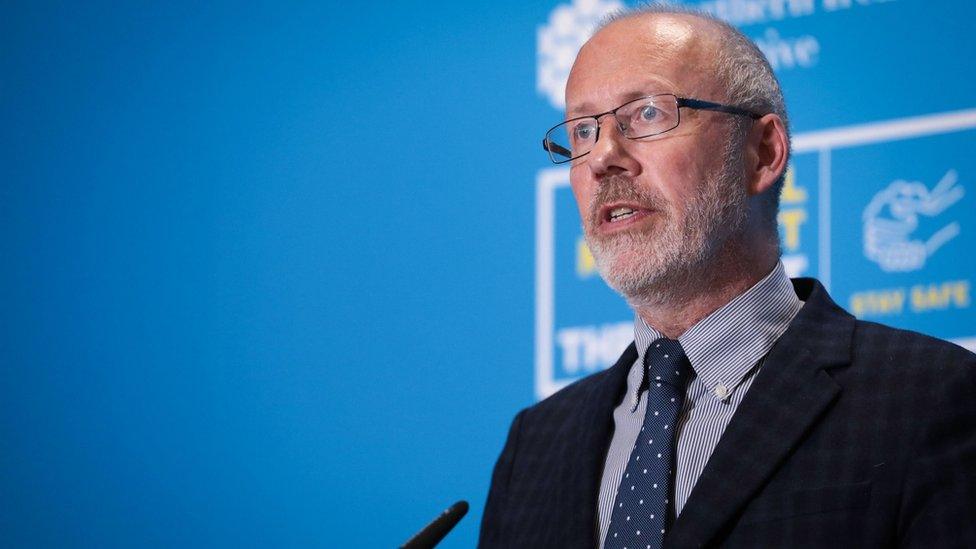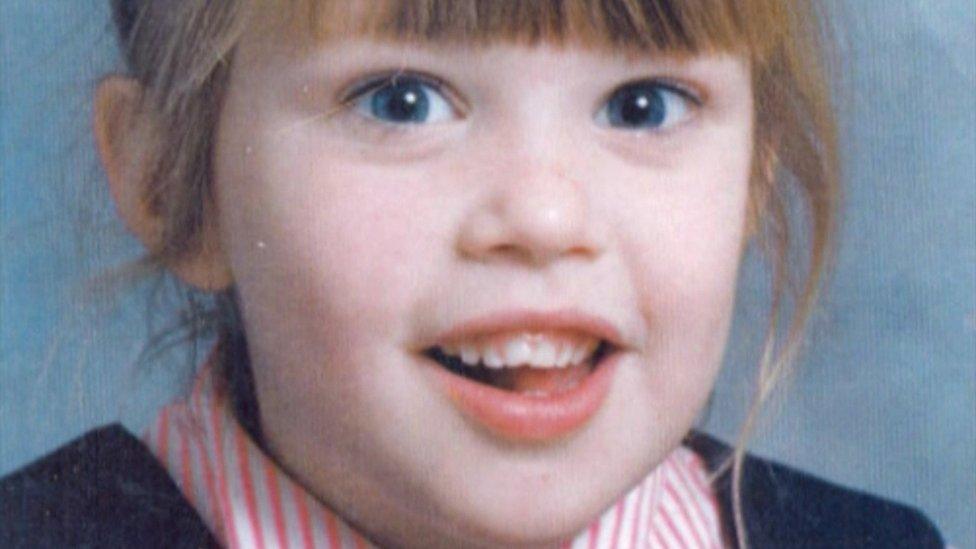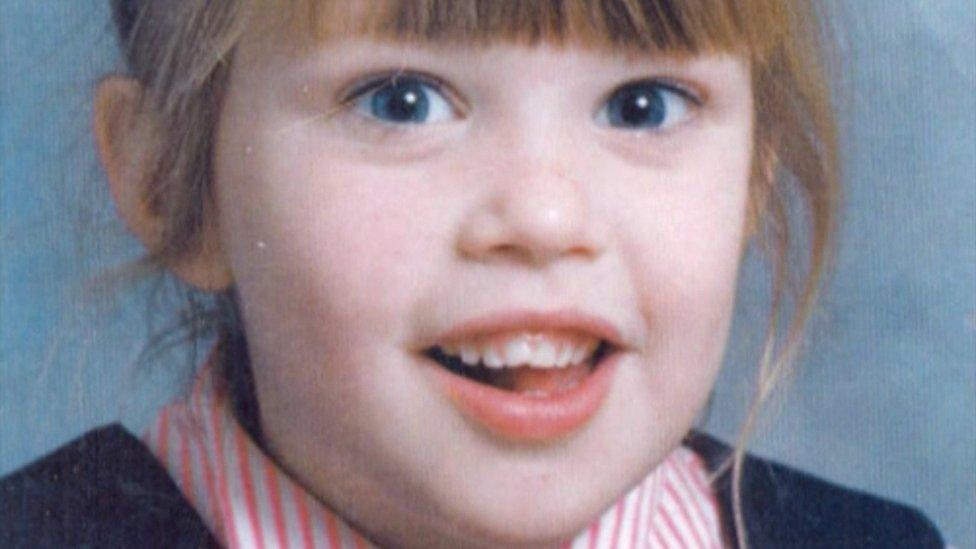NI's Chief Scientific Adviser Ian Young on leave on health grounds
- Published

Northern Ireland's Chief Scientific Adviser Professor Ian Young is currently on leave on health grounds.
Prof Young, who has been prominent in the Department of Health's handling of the Covid-19 crisis, has been absent from recent media briefings.
Earlier this month, he took a legal challenge against a General Medical Council disciplinary investigation arising from the Hyponatraemia Inquiry.
The DoH confirmed that Prof Young is off work on health grounds.
A spokesperson said other arrangements will be in place until further notice.
Dr Declan Bradley, School of Medicine, Dentistry and Biomedical Sciences QUB, will represent Northern Ireland on the Scientific Advisory Group for Emergencies (SAGE) as Deputy Chief Scientific Adviser(interim) and will also chair NI's COVID-19 Modelling Group.
Professor Stuart Elborn, Faculty Pro-Vice Chancellor, School of Medicine, Dentistry and Biomedical Sciences QUB, will represent Northern Ireland on the UK's New and Emerging Respiratory Virus Threats Advisory Group (NERVTAG) and will also chair NI's Strategic Intelligence Group (SIG).
Prof Young is currently awaiting a ruling on a judicial review against the General Medical Council (GMC) disciplinary investigation into allegations he failed to tell the family of a nine-year-old girl, Claire Roberts, about "failings" in her treatment.
Claire Roberts was one of five children whose deaths at hospitals in Northern Ireland were examined by the Hyponatraemia Inquiry.
In an opening submission, at the judicial review earlier this month, a lawyer said Prof Young was aware of her family's suffering and was "deeply sorry" for "inadvertently contributing" to their stress in any way.
Prof Young was not involved in the treatment of any patients.
The then Medical Director of the Royal Group of Hospitals, Dr Michael McBride, now Chief Medical Officer, asked Prof Young to provide an independent assessment on whether hyponatraemia contributed to Claire Roberts's death.
The purpose of Prof Young's assessment was to inform Dr McBride's decision over whether to refer the matter to the coroner.

Nine-year-old Claire Roberts died in the city's Royal Hospital for Sick Children in 1996
The inquiry report said that Prof Young "shifted from his initial independent role advising Dr McBride to one of protecting the hospital and its doctors".
At the opening of the remote hearing of the Judicial Review from the High Court in London, Prof Young's barrister Robert Kellar QC said the case against his client "involves substantial delay, significant forensic prejudice, exhaustive prior public ventilation and no risk to public safety".
He argued the original decision that it was not in the public interest to waive the statutory time limit on investigations was "lawful and rational" and that the reversal of that decision was "inconsistent and unreasonable".
Mr Kellar also argued that the second decision by the GMC "took into account irrelevant considerations and unfairly mischaracterised Prof Young's conduct".
'Skilled and respected'
Peter Mant, representing the GMC, argued in written submissions: "The gravamen of the concerns about the claimant's conduct, in short, was that upon being asked to review records relating to the death of Claire Roberts he immediately identified failings in fluid management that were likely to have contributed to her death but failed to inform the family or coroner of this fact, and instead provided misleading information that was intended to protect the hospital and its doctors."
Mr Mant told the court the case concerned "very serious" allegations that Prof Young identified that "there were errors in the management of Claire's fluids which contributed to the hyponatraemia which contributed to her death and that those were not acknowledged to the family".
He also thanked Mr and Mrs Roberts on behalf of the GMC "for the concerns that they have raised".
He added that Prof Young was "a skilled and respected practitioner" but that the GMC was concerned "with the protection of the public" and maintaining public confidence in the medical profession - which he said was "at the heart of this case".
Mr Mant also emphasised the GMC was not "making any findings" about Prof Young at this "early stage in the proceedings".
The hearing was heard by Mr Justice Holgate on 14 January and he reserved judgment for a later date.
Related topics
- Published14 January 2021
